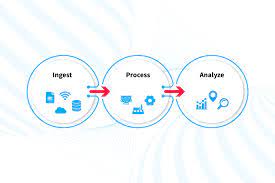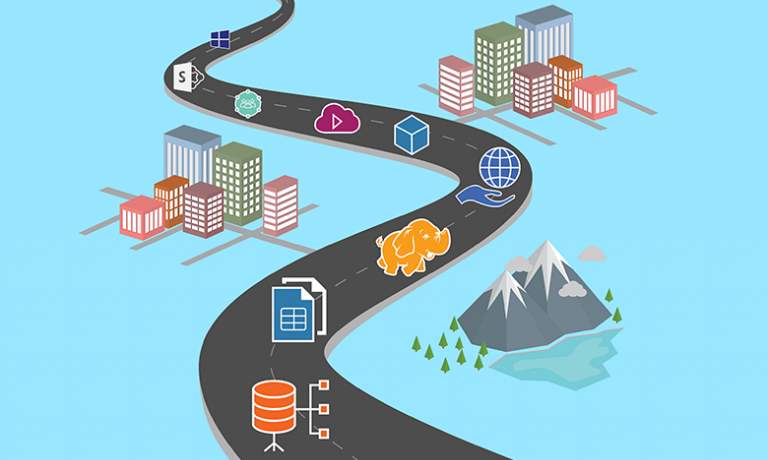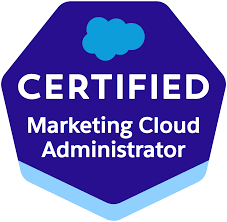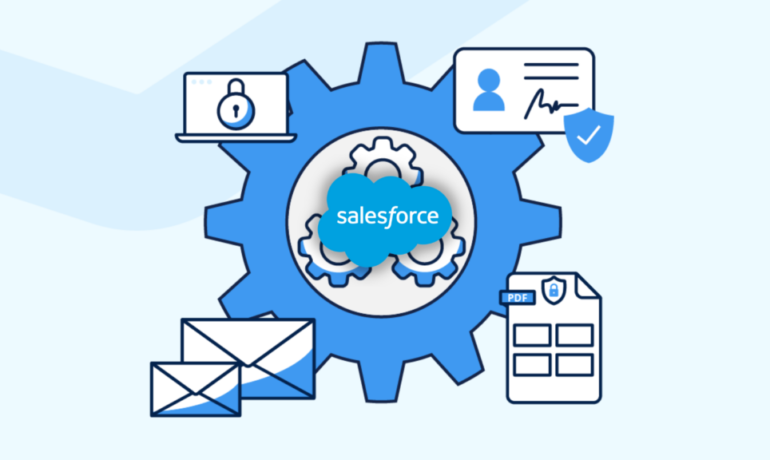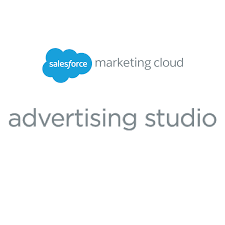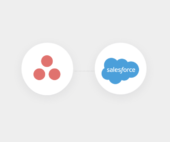Writing and Sending Marketing Automation in Salesforce
Marketing automation refers to technology that efficiently manages various marketing processes and multifaceted campaigns across multiple channels. It automates the targeting of customers through messages delivered via email, web, social media, and text. These messages are sent automatically based on predefined sets of instructions known as workflows. These workflows can be template-defined, custom-built, or adjusted during a campaign for improved outcomes. Marketing automation in Salesforce is the same, only better. The primary functions of marketing automation encompass lead generation, nurturing, scoring, and measuring the overall return on investment (ROI) of campaigns. As an organization grows in size and complexity, the time- and cost-saving benefits of automation become more apparent. Robust marketing automation systems are designed to seamlessly scale alongside the evolving needs of your business. Why Marketing Automation By employing marketing automation, you can execute a digital marketing strategy without the need to manually send every email, message, campaign, or post. Efficient automation tools aid in audience identification, content design, and the automatic triggering of actions based on schedules and customer behavior. This allows you to focus on other tasks while your campaign unfolds, enabling subsequent analysis and adjustments to your marketing plan based on emerging results. An automated marketing strategy proves invaluable in saving time and resources, driving revenue and ROI, while enabling you to concentrate on business growth. Customer data is collected through various interactions, such as emails, website visits, app usage, and social media engagement. Marketing automation leverages this data to create a comprehensive 360-degree view of each customer. The system streamlines segmentation and targeting processes, enabling quick and scalable identification of the right audiences. It tailors messaging automatically based on individual customer profiles, creating relevant and personalized content across email, mobile, social media, web experiences, and more. Whether dealing with a customer base of 100 or 100 million, marketing automation efficiently delivers personalized experiences. At scale. Marketing automation plays a pivotal role in crafting relevant content and messaging across diverse channels. It goes beyond mere personalization by dynamically customizing email subject lines, integrating mobile messaging with email and social campaigns, generating targeted digital ads, and automatically recommending suitable products on websites. Marketing Automation in Salesforce This approach allows businesses to engage customers throughout their journey, irrespective of where they are in the customer lifecycle — from acquisition to advocacy. Marketing automation ensures the delivery of timely, pertinent content that aligns with customer preferences, converting prospects into lifelong brand advocates. Emphasizing ease of use, marketing automation enables the creation of campaigns with a single click and centralizes control over all aspects of the digital marketing strategy. User-friendly interfaces and drag-and-drop functionality, reminiscent of everyday apps, make the process straightforward. Moreover, marketing automation with Salesforce serves as a central hub for customer data, ensuring a consistent brand identity across all teams — seamlessly bringing together marketing, sales, and customer service to create a unified and seamless customer experience. Automation Assistance Tectonic looks forward to assisting you in implementing a marketing automation platform, such as Marketing Cloud or Account Engagement (formerly Pardot), and providing consulting services to optimize your emails for maximum impact. Contact us today. Like2 Related Posts Salesforce OEM AppExchange Expanding its reach beyond CRM, Salesforce.com has launched a new service called AppExchange OEM Edition, aimed at non-CRM service providers. Read more The Salesforce Story In Marc Benioff’s own words How did salesforce.com grow from a start up in a rented apartment into the world’s Read more Salesforce Jigsaw Salesforce.com, a prominent figure in cloud computing, has finalized a deal to acquire Jigsaw, a wiki-style business contact database, for Read more Health Cloud Brings Healthcare Transformation Following swiftly after last week’s successful launch of Financial Services Cloud, Salesforce has announced the second installment in its series Read more




